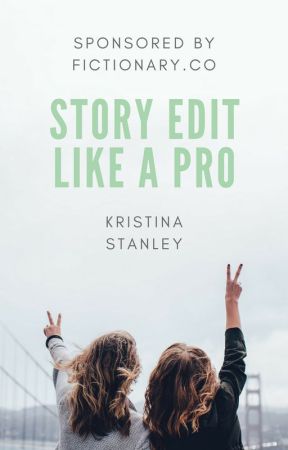The timing of a scene, the objects, and the senses will liven the setting and avoid what is called an empty stage. An empty stage means the reader doesn't have a vivid picture of where the characters are and how they are interacting with the location.
DATE/TIME
The timing of the scene can mean:
- Time of day
- Time passed since the previous scene
- A particular date
The timing your reader needs to understand depends on the scene you're writing.
The reader may only need to know if the scene happens during the day or at night. If several years or several seconds have passed in a character's life, the reader must understand that. The same is true If you are jumping backward or forward in time.
The quicker the reader gets the timing, the quicker you'll draw them into the scene.
Your Mission
Try to list the time/date for each scene. Are you consistent? Do you make it clear to the reader at the beginning of each scene?
~~~
OBJECTS
An object is any inanimate thing that appears in your novel. Keep track of objects that are important to the story. If the object serves no purpose, then you might want to remove it from the scene.
A list of objects will tell you if you have any "smoking guns" which means you've planted a clue but haven't used it. If an object appears and could be a smoking gun, but isn't used later in the novel, maybe you can remove the object from the earlier scene or use it in a later scene.
Objects can be used to orient readers in time. If you are writing a novel that bounces between past and present, you can use objects to show the reader what time they are in. In the present, a character is holding a mobile phone. In the past, a character is dialing on a rotary phone attached to a wall. The reader will know right away what time period the scene takes place in.
Objects might trigger your imagination. Sometimes, after you've written your first draft and you go back and review the objects in your story, you'll discover a new way to write a scene or get closure in a scene.
Your Mission
We're back to our list making. Try to create a list of all your scenes and then list the objects in each scene. If you've made your list of characters in a scene, you can list the object there. This will tell you which characters know about important objects.
You might want to review your scenes and check you emphasized important objects more than unimportant objects.
~~~
THE 5 SENSES
If you haven't used any senses, you probably aren't writing in a close point of view. The character with the POV for the scene will smell, touch, taste, hear, or see something.
Using the POV character's senses to describe the action in the scene will bring your reader closer to the character.
Be careful how you do this. If the character touches something that is hot, don't tell the reader it's hot. Show them. The character puts her hand on a surface, whips her hand away, gasps, and rushes to run cold water on her skin. This shows the reader the surface is hot.
You don't have to use all five senses in a scene, but it's a good idea to use one or more.
Try not to favor one of the senses over another. Perhaps a character smells something in every scene. This might be an overuse of the sense (unless of course the character is a superhero with an unusually strong sense of smell).
Your Mission
You've probably guessed what I'm going to say. Try to review your scenes and add the senses to the list you've already created. Seeing your senses this way will show you if you've over or under used any, fallen into an unwanted pattern, or created an empty stage.
~~~
WEATHER
Weather sets the mood in a scene, and can be used in a variety of ways.
To create contrast, you could make something evil happen on a beautiful, sunny day.
To create tension, use the weather to make it hard for a character to get what she wants. Rain washes out a road and stops a woman in labor from reaching the hospital.
Your Mission
Some scenes won't have any reference to weather, and that's ok. For the scenes that do, check to see if the weather has a purpose, or plays a role in driving the scene.
~~~
Do you have other elements you consider for setting? Please share with others in the comments.

YOU ARE READING
Story Edit Like A Pro
Non-FictionAfter reading this guidebook, you'll have a method for ensuring that your story is well-told, well-paced, and highly effective. You'll be guided through the process of reviewing your story, scene-by-scene, until it works. We won't focus on copy-edi...

